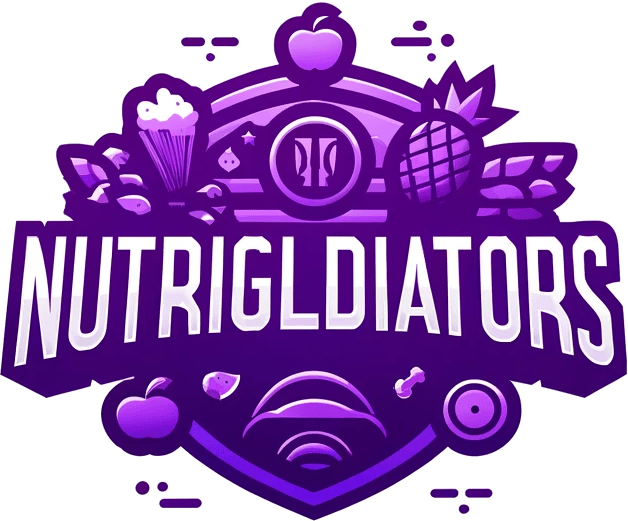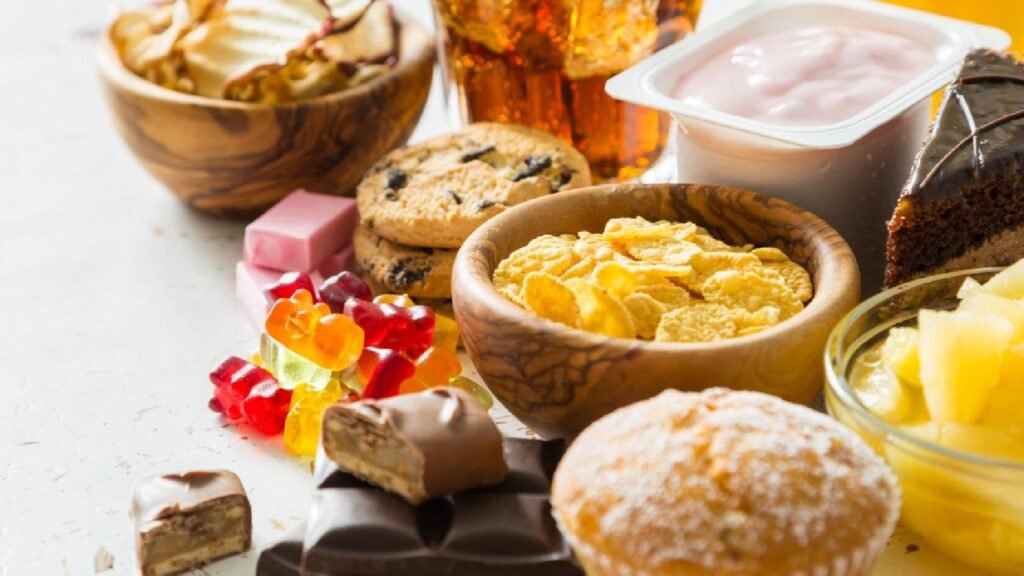[ad_1]
Living or dealing with depression can be challenging. It not only affects your mind but hinders normal functioning in every aspect of your life. Depression is to do with psychological and emotional issues, but your diet can play a major role in driving and curbing it. A new study indicates that consuming high amounts of ultra-processed foods (UPFs)—particularly those with artificial sweeteners—may increase the risk of developing depression.
The study, co-authored by researchers at Harvard T.H. Chan School of Public Health, was published in JAMA Network Open. It assessed the link between ultra processed foods such as packaged snacks and frozen meals, and depression, based on diet and mental health data from 31,712 middle-aged women.
As per the study inferences, participants who were in the top fifth of consumers of ultra processed foods, consuming nine or more servings per day—had a 50 percent higher risk of developing depression than those in the bottom fifth of consumers, eating four or fewer servings per day. The researchers also identified a link between artificial sweeteners and depression: Participants in the top fifth of consumers had a 26 percent higher risk of developing depression than those in the bottom fifth. The study highlighted that when people curbed their consumption of ultra processed foods by three servings a day, they reported lesser chances of feeling depressed.
Health Shots got in touch with Dr. Gautami Nagabhirava, Senior Neuropsychiatrist at Bengaluru-based Kamineni Hospitals, to understand the link between consumption of ultra processed foods and depression.
What are ultra processed foods?
Ultra processed foods have a lot of additives and include fats, starches, added sugars and hydrogenated fats. These foods are high in calories, palatable and are ready-to-eat. The study also told that people who consume more unprocessed foods have a tendency towards having greater Body Mass Index, higher smoking rates, and have a high risk of catching diseases such as diabetes, hypertension and dyslipidemia, and also are physically less active.

Why consuming ultra processed foods or artificial sweeteners increase the risk of depression?
The relationship between diet and depression is complex and not fully understood. But there are several reasons why ultra-processed foods and artificial sweeteners may contribute to or exacerbate symptoms of depression.
1. Lack of essential nutrients
“Firstly, these foods tend to be nutritionally deficient, lacking essential vitamins, minerals, and antioxidants necessary for optimal brain function and mood regulation,” says Dr Nagabhirava.
Select Topics of your interest and let us customize your feed.
PERSONALISE NOW
2. High sugar and fat content
Secondly, the high sugar and unhealthy fat content of UPFs often leads to chronic inflammation. This has been linked to depressive symptoms by negatively impacting neurotransmitter function and overall brain health.
3. Gut bacteria equilibria
“Furthermore, the gut-brain connection, and both ultra-processed foods and artificial sweeteners may disrupt the delicate balance of gut bacteria, potentially causing inflammation and mood disturbances. These foods can also cause rapid fluctuations in blood sugar levels, leading to mood swings and feelings of irritability and depression,” shares Dr Nagabhirava.
While some artificial sweeteners such as aspartame might affect neurotransmitter levels in the brain, the research in this area remains inconclusive.
Also read: 10 foods that are more harmful than you think!
4. Overconsumption and binge eating
Additionally, the convenience and palatability of ultra-processed foods can contribute to overconsumption, leading to feelings of guilt or dissatisfaction with one’s diet, which can, in turn, impact mood.
Also read: These 7 dopamine-boosting foods will make you feel happy and energized

5. Improper diet and sedentary lifestyle
A diet high in ultra-processed foods and artificial sweeteners is often associated with other unhealthy lifestyle factors, such as a sedentary lifestyle and reduced intake of fruits and vegetables, which can independently contribute to depression.
6. Genetics and other factors
It is important to recognise that these dietary factors are just one piece of the complex puzzle of mental health, and individual responses can vary. It is important to emphasize that while there is evidence linking diet to mental health, including depression, other factors like genetics, life circumstances, and individual responses to food play a significant role.
Maintaining a balanced and nutritious diet, rich in whole foods, fruits, vegetables, lean proteins, and healthy fats, is generally recommended for both physical and mental well-being.
[ad_2]


4 Comments
kuwin sở hữu kho game đa dạng từ slot đến trò chơi bài đổi thưởng, mang đến cho bạn những giây phút giải trí tuyệt vời.
Khám phá thế giới giải trí trực tuyến đỉnh cao tại MM88, nơi mang đến những trải nghiệm cá cược thể thao và casino sống động.
iwin – nền tảng game bài đổi thưởng uy tín, nơi bạn có thể thử vận may và tận hưởng nhiều tựa game hấp
Với giao diện mượt mà và ưu đãi hấp dẫn, MM88 là lựa chọn lý tưởng cho các tín đồ giải trí trực tuyến.